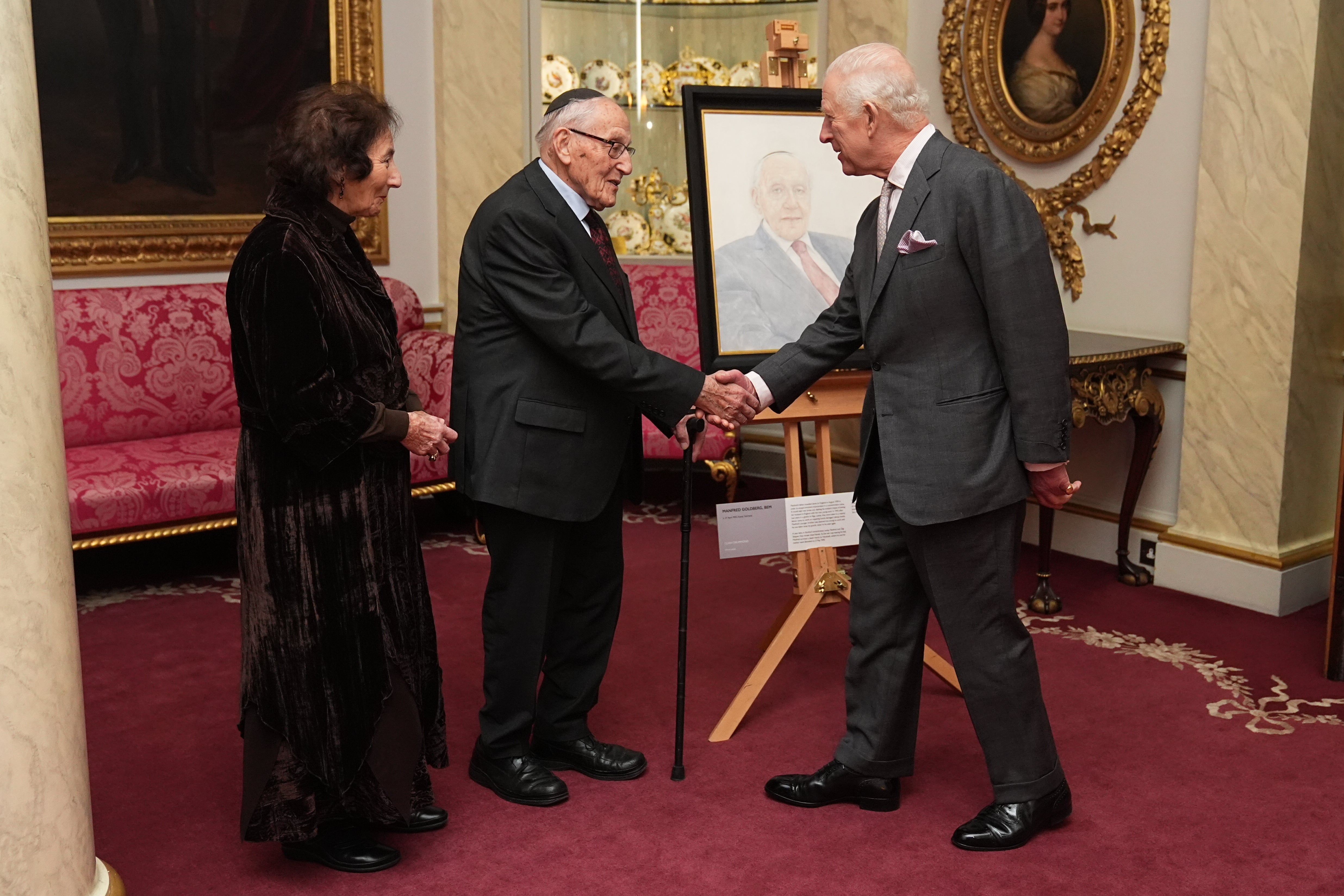As we mark Holocaust Memorial Day, it’s time to stop using the word ‘antisemitism’
The National Holocaust Museum has replaced the term antisemitism with ‘anti-Jewish racism’. Etan Smallman argues that it’s time for wider society to do the same


This month, I uncharacteristically made a New Year’s resolution: I’m no longer talking to anyone about antisemitism.
The word – coined by anti-Jewish German journalist Wilhelm Marr in 1879 to intellectualise his racism – has never made sense, and at a time of soaring levels of Jew hatred, is serving to actively cloud the many problems we face. A 2019 poll found that more than half of under-25s did not know what it meant.
Next time you tune into a radio phone-in, observe how it is often the first sign of a crank contributor. “Arabs, not Jews, are the real Semites anyway,” they will intone. Technically, the word Semitic refers to a group of languages deriving from the Middle East (including Hebrew, Arabic and Aramaic) though, of course, those malign callers know perfectly well what “anti-Semitic” has been used to describe for a century and a half.
However, the real reason it does not make sense is because – outside of 19th-century pseudoscience – there is no such thing as “semitism” to be “anti”.
Thus, many scholars and institutions (including the style guides of The Independent, the Associated Press and The New York Times) don’t now style it anti-Semitism but “antisemitism” – which, let’s be honest, does nothing at all to alleviate the issue. It is as much use as rearranging the hyphen on an Olympic-class ocean liner.
More than that, the word serves to confuse what the phenomenon actually is. Many people are of the belief it is merely anti-religious sentiment, seen today as a far lesser crime than full-blooded racism. As Jews Don’t Count author David Baddiel so succinctly put it: “The antisemites don’t ask if you keep kosher before burning down your house.”

The term also extracts Jew hatred from the umbrella of anti-racism. Yes, it has its own distinct characteristics – historian Deborah Lipstadt speaks of how while most racisms are seen as “punching down”, prejudice against Jewish people is erroneously seen as a virtuous “punching up” against the rich and powerful. Nonetheless, it is a clear form of racism like any other, and it would help us if we simply referred to it as such.
Even well-meaning people have got into an almighty pickle. In 2022, Whoopi Goldberg told a TV audience that “the Holocaust isn’t about race”. Perhaps she had simply never heard of the 1935 Nuremberg Race Laws that stripped my grandmother of her citizenship “for the protection of German blood”.
Goldberg apologised, but inadvertently doubled down, describing the extermination of two-thirds of European Jewry as white people “fighting each other”, for which she later had to apologise again – saying: “I said the Holocaust ‘is not about race, but about man’s inhumanity to man’. I should have said it is about both.”
Over the years, I have spoken to many campaigners at the forefront of the battle against “antisemitism” who agree the term can do more harm than good. As Mark Gardner, now chief executive of the Community Security Trust (CST), told me: “It’s a word that is meaningless. And actually, we might do a lot better if we just spoke about Jew hatred.”
But they have enough on their plates without taking on the English language. The CST recorded a record high of 1,978 anti-Jewish hate incidents in the first half of 2024, up from 964 in the first half of 2023.
Leading the charge is the National Holocaust Museum, which now uses “anti-Jewish racism” throughout. On Tuesday, at the London launch of The Vicious Circle – its travelling exhibition tracing the cyclical nature of anti-Jewish pogroms across millennia and continents – its director, Marc Cave, told me: “Let’s call it something that a) people understand and b) know is a bad thing. It’s a form of racism, the cardinal sin of our age. I don’t mind that ‘anti-Jewish racism’ is a bit of a mouthful – good. Anything that can disrupt people out of their 2,000-year-old thinking.”
If, as in the imagination of the bigots, Jews really controlled the media, this would have been fixed long ago. But Jewish organisations should now follow in the museum’s footsteps. News outlets and government agencies must do the same.
In 2025, as we mark the 80th anniversary of the liberation of Auschwitz and the other Nazi death camps, let us finally confine antisemitism to the history books.
Join our commenting forum
Join thought-provoking conversations, follow other Independent readers and see their replies
Comments
Bookmark popover
Removed from bookmarks